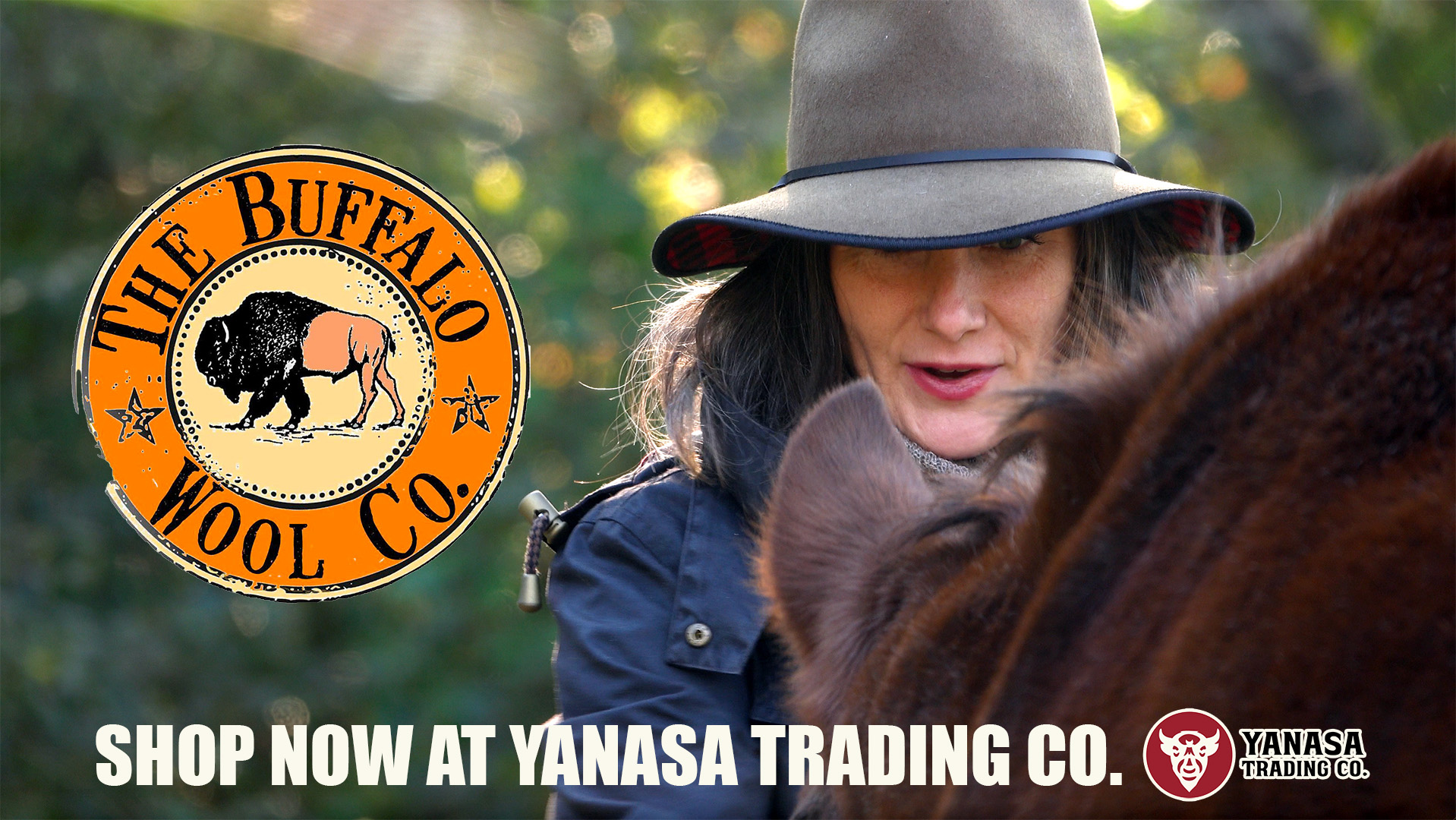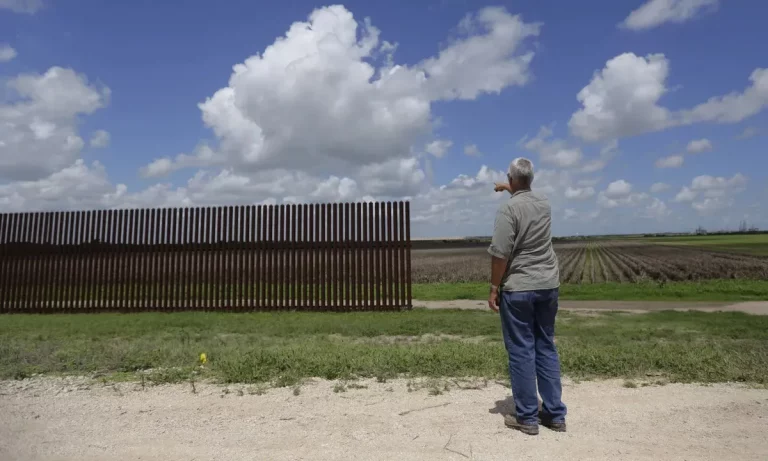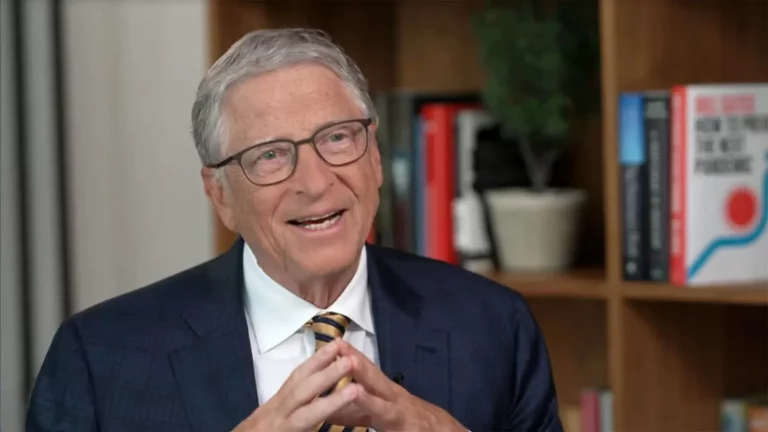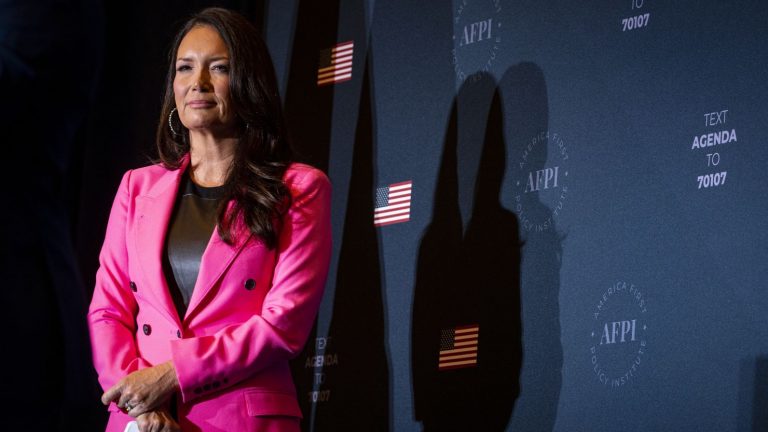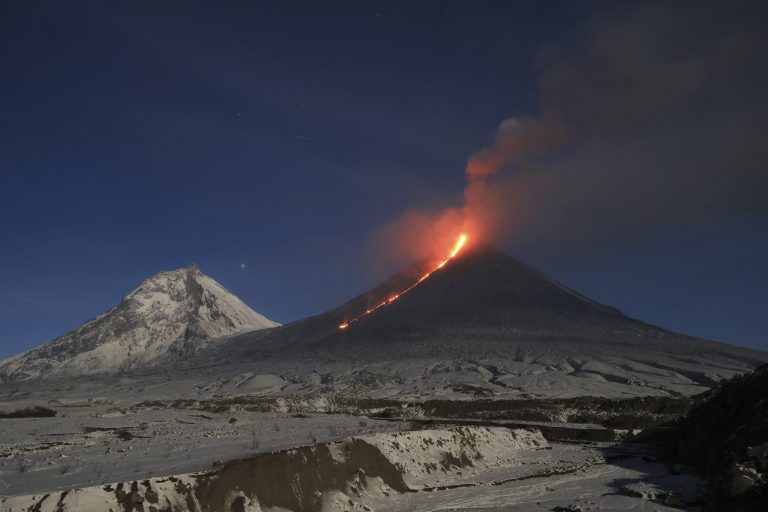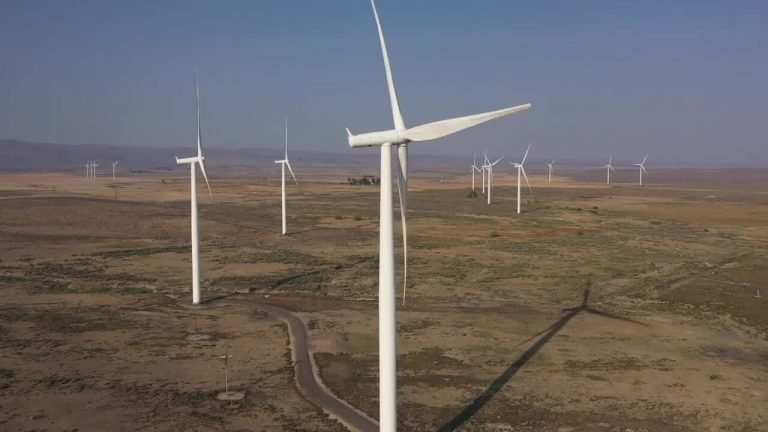Rebuttal to KGW: Misrepresenting the Voice of Rural America
In a recent broadcast and article, KGW8—Portland’s NBC affiliate—attempted to “fact-check” Yanasa TV’s coverage of an Oregon dairy farmer facing regulatory pressure. But rather than correct misinformation, KGW8’s story misrepresented our reporting, stripped it of context, and dismissed the lived experiences of rural Americans.
Their report isn’t just inaccurate—it illustrates a broader pattern of urban media marginalizing rural voices whenever they challenge government authority.

What KGW8 Got Wrong
KGW8 accused Yanasa TV of promoting “misinformation” and “conspiracy theories.” Their primary target: a video we published featuring interviews with a small Yamhill County raw milk producer and commentary on Oregon’s controversial CAFO permit requirements.
Let’s be clear:
- Our reporting was based on publicly available data, firsthand farmer testimony, and first hand interviews.
- We did not claim farms were forcibly shut down. We stated they were being “effectively shut down”—a term used to describe the crushing burden of compliance costs, not a government raid.
- KGW8 cherry-picked quotes, misrepresented the tone and substance of our reporting, and failed to contact the affected parties for a response.
This wasn’t journalism—it was narrative control.
What They Left Out
Oregon’s CAFO permit requirements are no small matter. These permits can cost over $155,000, making them nearly impossible for small family dairies to obtain. The state’s temporary enforcement pause in 2023 came only after widespread confusion, a federal lawsuit, and industry backlash.
KGW8 ignored this context. Instead, they painted the state as a victim of misinformation and cast farmers and independent reporters as the problem.
Corporate Media and Manufactured Consensus
KGW8 is owned by Tegna, one of the largest media conglomerates in the country. Like Sinclair and Nexstar, Tegna’s largest shareholders include BlackRock and Vanguard—the same firms that dominate everything from agriculture to pharmaceuticals.
These institutions don’t just report the news—they shape the public narrative.
By contrast, Yanasa TV is independently funded and committed to giving rural Americans a voice. We don’t rely on sanitized press releases. We go to the source: the farmer, the rancher, the landowner.
Representing the Voiceless
Rural Americans are not fringe. They are the backbone of our food system. When their rights are threatened—whether by misguided regulations or media misrepresentation—they deserve fair coverage.
At Yanasa TV, we exist because mainstream media continues to fail these communities.
- We cover the stories no one else will.
- We document realities ignored by city-centered reporting.
- We challenge the narratives that keep small farmers voiceless.
A Larger Pattern of Bias
KGW8’s coverage is part of a broader trend:
- Independent journalism is branded as dangerous if it questions state authority.
- Small farms are treated as liabilities, not vital parts of a sustainable food system.
- Media outlets claim to speak for the public, yet consistently ignore those who live beyond the I-5 corridor.
Had KGW8 spoken to the community, they would have found that our video simply reflected the truth—as told by those living it.
The Role of Independent Media
The rise of outlets like Yanasa TV isn’t an accident—it’s a response to media consolidation and institutional failure.
While KGW8 simplistically debunks and dismisses, we investigate and contextualize. We’re not here to push partisan narratives—we’re here to tell the stories that matter, even when they’re inconvenient.
We do not claim perfection, but we demand the right to ask questions, especially when livelihoods are on the line.
Final Word
KGW8 claims to correct misinformation. But their real target isn’t falsehood—it’s dissent.
Independent journalism isn’t the enemy of the truth. It’s the only safeguard left when powerful interests seek to control the narrative.
Yanasa TV will continue to stand with small farmers, amplify underrepresented voices, and ask the questions legacy media refuses to.
Unfiltered. Unbought. Unafraid.


